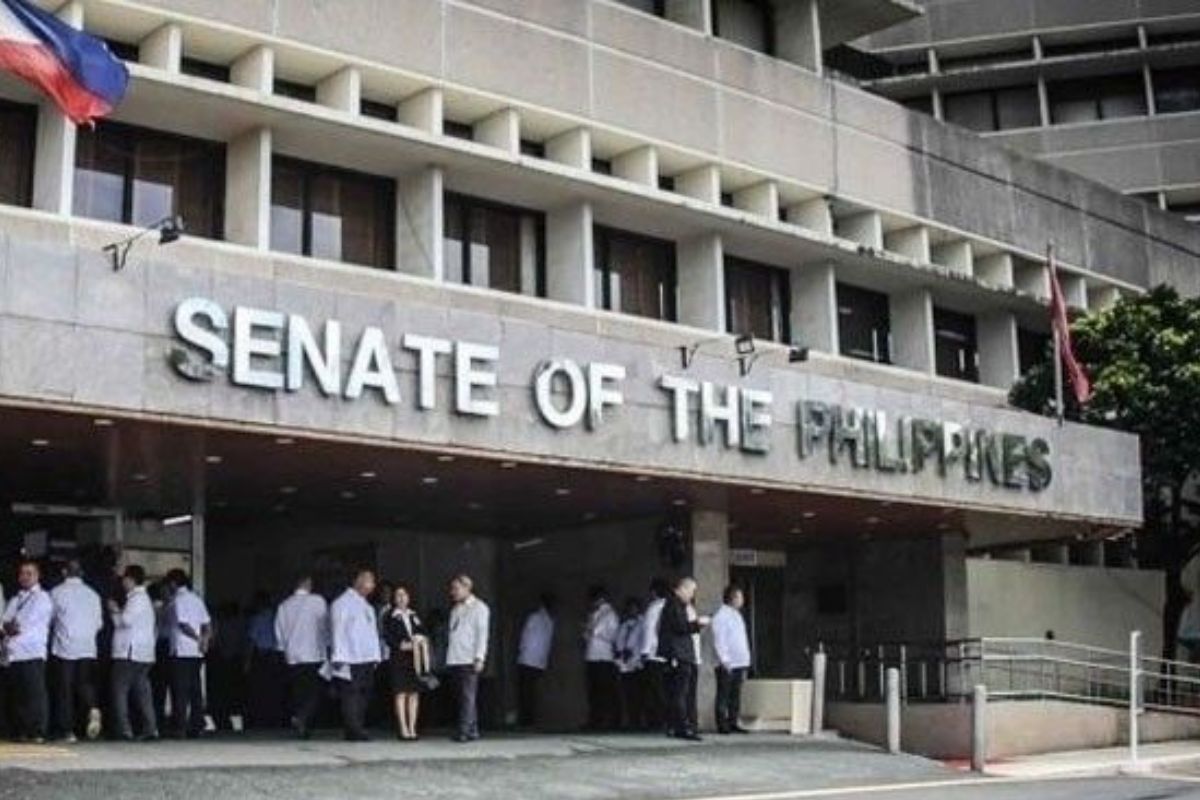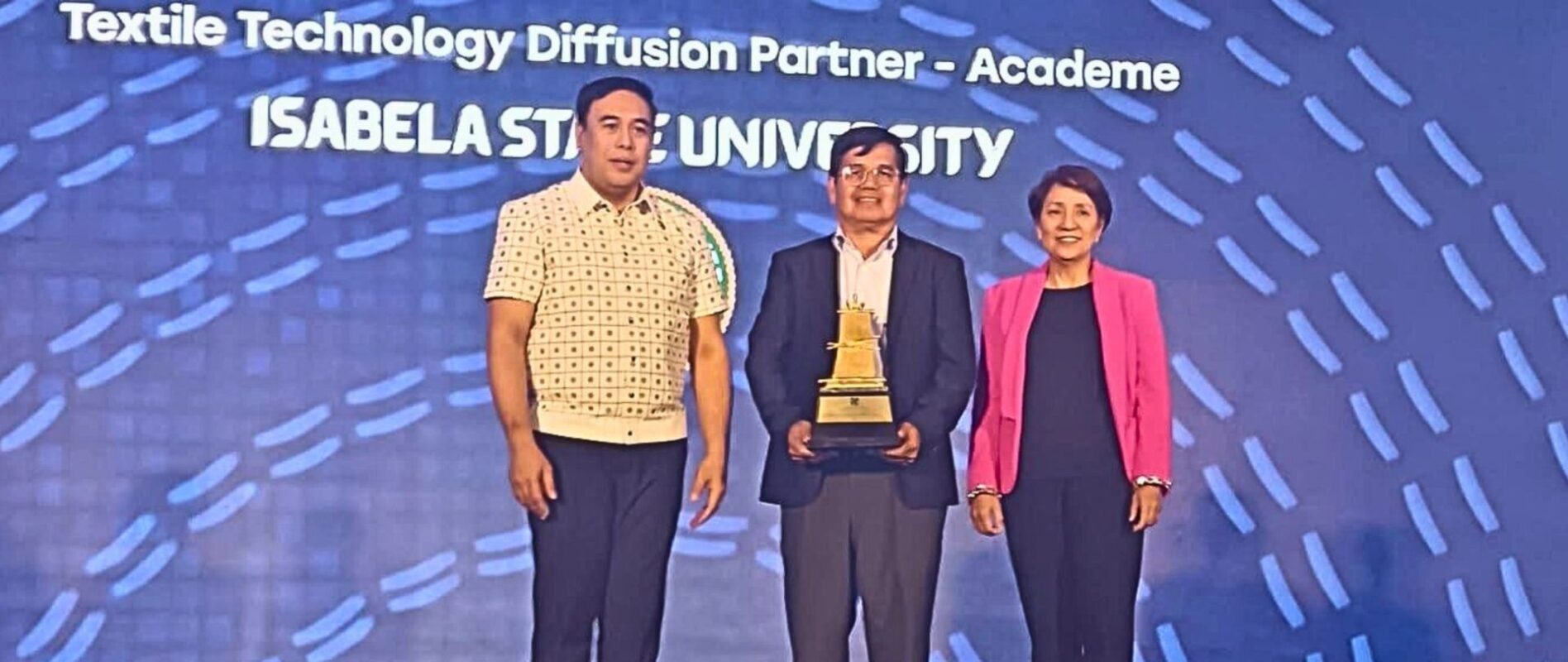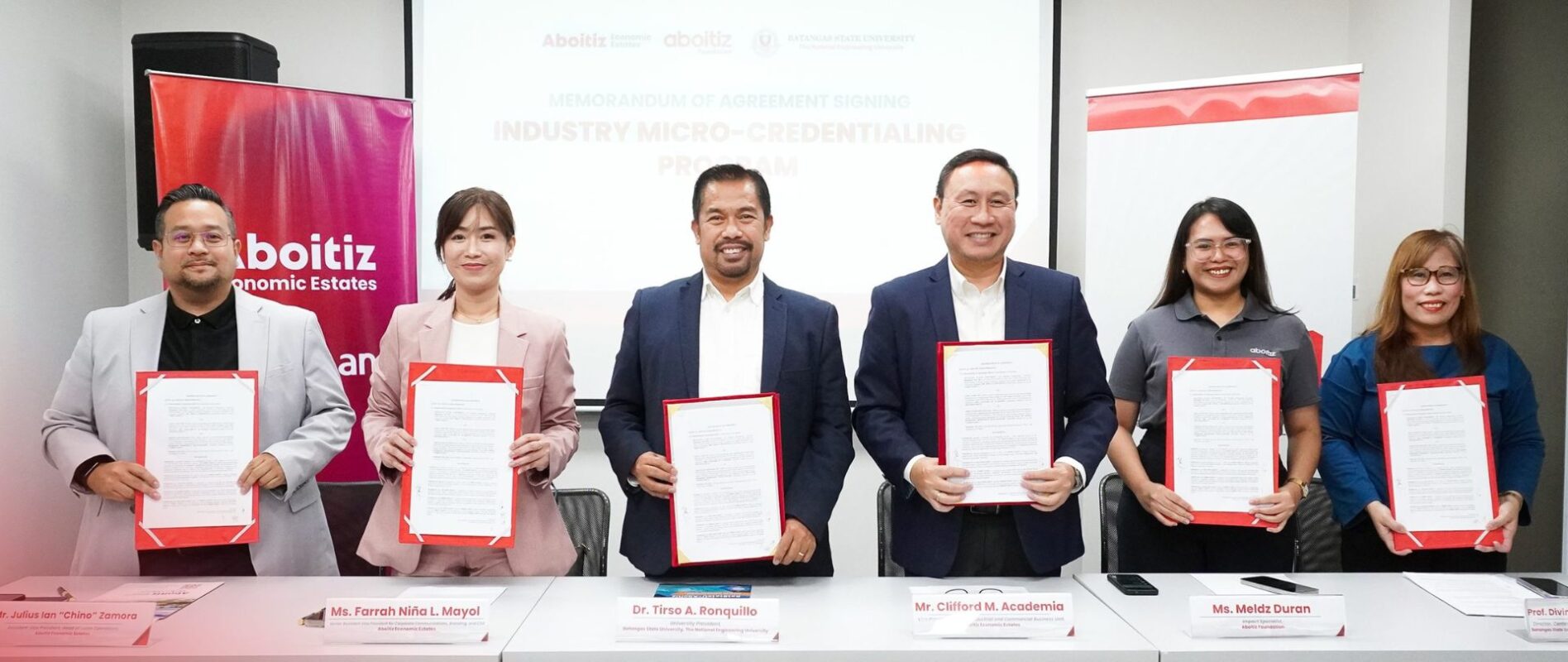SENATE APPROVES ENTERPRISE-BASED EDUCATION AND TRAINING FRAMEWORK ACT
THE SENATE approved on Monday a measure addressing job-skills mismatch, underemployment, and unemployment.
Voting 19-0, the Senate approved on third and final reading Senate Bill No. 2587, otherwise known as the Act Strengthening the Enterprise-Based Education and Training or EBET Framework, a critical support measure to the Trabaho Para Sa Bayan or TPB Plan under Republic Act No. 11962.
Senator Joel Villanueva, principal author and sponsor of the measure, said that the EBET Framework is designed to rationalize and harmonize all guidelines governing enterprise-based education and training programs, encourage its conduct by enterprises, and expand training opportunities for individuals who want to acquire or upgrade their skills.
The bill facilitates active partnership among all stakeholders, recognizing the private sector as indispensable in addressing job-skills mismatch, to ensure that the skills and competencies of workers can meet the skills and competencies required by the rapidly evolving labor market.
In identifying the extent of estimated job-skill mismatch in the country, Villanueva cited a 2022 Philippine Institute for Development Studies study which showed that in terms of work, 39 percent of the employed Filipinos were overeducated, while 29 percent were undereducated.
“What does this mean? While many workers accept jobs that are not commensurate with their qualifications, many workers lack the required skills,” Villanueva said in Filipino.
While the unemployment rate dropped to its lowest in two decades to 3.1% as of June 2024, there is a significant jump in underemployment from 9.9% in May 2024 to 12.1% in June 2024, showing that more workers desire to have additional hours of work or an additional job.
On average, graduates of EBET make up just 3.9 percent of all graduates from different training modalities, despite EBET programs registering the highest employment rates as compared to other forms of TESDA training, ranging from 86.26 percent to 91.14 percent.
“President Marcos directed us to prioritize and ensure the urgent passage of the EBET Framework Act in the Senate. Thus, with the support of our colleagues and after extensive research and consultations with stakeholders, we have accomplished this important task entrusted to us,” Villanueva said.
Under the bill, EBET Programs shall be classified under three categories: General EBET for low- to mid-level skills, Apprenticeship for higher-level skills, and Upskilling for employed workers.
Based also on the measure, enterprises implementing registered EBET programs shall be qualified to avail of incentives, such as deductible training expenses.
Accessing such incentives shall be made easier through the establishment of EBET One-Stop Shops or Portal.
The bill also ensures that Training scholarships under TESDA shall be available to EBET Trainees and give protection for trainees by mandating compliance with general labor standards and occupational safety and health standards, in coordination with the Department of Labor and Employment.














